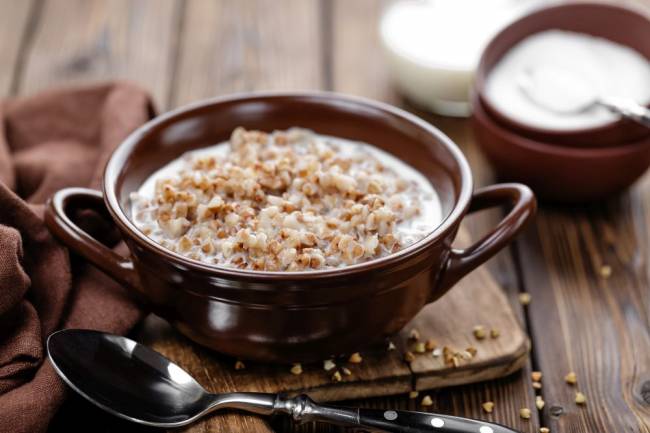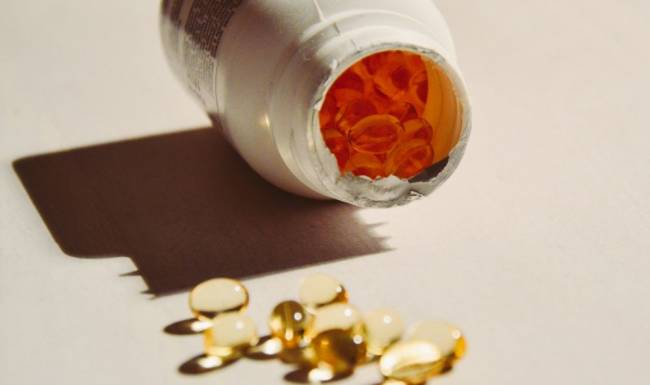Becoming a mother is probably the most life changing time for any woman. Creating another human being is bound to bring up a whole load of mixed emotions. Postnatal anxiety affects 85% of women. Whilst these overwhelming feelings are our body’s normal reactions to having a baby, postnatal depression is different. It is estimated to affect 15% of women. DAD.info looks at five ways to help your partner as a new mother…

“Crying and confusion are experienced by most women and are partly due to the hormone changes experienced during the labour and can also be connected to when the milk comes through. But for some 15% of women, this despair and tearfulness continues and develops into post-natal depression”, explains Dr Marilyn Glenville, the UK’s leading women’s health expert and author of Getting Pregnant Faster (www.marilynglenville.com).
Follow our five tips to help you relax, worry less and make the most of motherhood!
Get your zzz’s…
Yes, your baby will be your number one priority but don’t forget about yourself. Permanent sleep deprivation is the biggest cause of anxiety and low mood. Coordinating rest periods with your babies, instead of finishing all of the housework, could be helpful. In doing so your partner will be able to make the most of rare quiet time. The more rest she has, the better she will be at looking after herself and baby. Marilyn Glenville tells us, “You may need to ask for help with the housework and other chores so that you can have time to rest, sleep, eat properly and also spend time getting to know your baby”.

Be realistic
All new mums need to adjust to having less control over their day-to-day lives, however some woman can find this a lot more stressful than others. Create space for an open and honest discussion with her about this, encourage her to share how she is feeling. Make the most of your family and friends and don’t be afraid to ask for help. It might be worth reminding your partner she is not superhuman!

Marilyn Glenville says “it is a good idea to get out the house on your own; it can feel quite overwhelming to suddenly have someone depending on you twenty-four hours a day”. Don’t be afraid to talk to your doctor over any symptoms of distress you may be experiencing”
Exercise
We don’t expect our new mums to be running a marathon any time soon. But if she’s able to fit in any light, easy exercise while caring for your new born then both her body and mind will feel the benefits. Think about how you can support her with this. A lot of women like to think of the first six weeks or so as the healing phase, you can encourage her to aim for gentle walking to get started. Just getting outside and having some fresh air can make a huge difference on a new mums outlook.

Lynne Robinson from bodycontrolpilates.com recommends postnatal Pilates. “During pregnancy your abdominals have to stretch to allow for the bump to grow. Your waistline may increase by as much as 50cm! Once the baby is born sadly the two sides don’t just spring back to their pre birth state. It can take a few months and you will need to do some work. The good news is that Pilates is the perfect exercise to help encourage the sides to knit together again and to help you achieve a toned stomach. This is because Pilates helps you develop a natural inner corset that wraps around your middle giving you the streamlined silhouette you thought you’d never see again!”
Healthy Eating
Marilyn tells us “It is important that you make sure that you are eating little and often. Keeping your blood sugar in balance is crucial for helping you through this time as it directly affects mood and energy. Aim to eat complex and unrefined carbohydrates as part of your main meals – this means choosing brown instead of white (whole wheat bread, brown rice and whole meal flour). Don’t forget about breakfast, porridge and oatmeal is a good choice. Do reduce and preferably avoid stimulants including tea, coffee, chocolate, smoking and canned drinks with caffeine”.

Nutritionist Cassandra Barnes says “Depression can occur during pregnancy, but is particularly common after giving birth. The cause is not certain: it could simply relate to changing hormone levels or, as for many of the other pregnancy problems we have looked at, could be associated with nutrient deficiencies. This is another reason for maintaining your nutrient-rich diet in the post-natal period, making especially sure that you are getting good amounts of healthy fats and two or three servings of protein foods per day (protein foods are meat and fish, cheese and yoghurt, seeds and nuts, beans and lentils)”
If she’s breastfeeding then remember what she’s eating will be passing through to your baby. Help her maintain a nutritionally rich diet to give your baby the best start!
Boost your immune system
Mum taking good care of her immune system is equally as important after pregnancy as during. Nutritionist Cassandra Barnes says “If you were taking a pregnancy multivitamin and mineral or an omega 3 oil supplement during pregnancy, it is ideal to continue taking these, especially if breastfeeding. I’d recommend;
- Quest’s Omega 3 Fish Oil 1000mg – great for supporting the development of your growing baby and providing mum with essential nutrients for preventing and managing heart disease.
- Once a Day Pregna Multi – Provides a wide range of nutrients to make sure they’re both getting all the good stuff

Superfood’s Shona Wilkinson strongly recommends Milk Thistle “Try to take milk thistle every day to support the liver and gall bladder. This powerful herb can help the liver to deal with toxins and process excess hormones from the body. In addition, it is an excellent promoter of milk production, so will help with breast-feeding as well”.
Oh and finally, mum should not expect to be the perfect parent. No one is!






